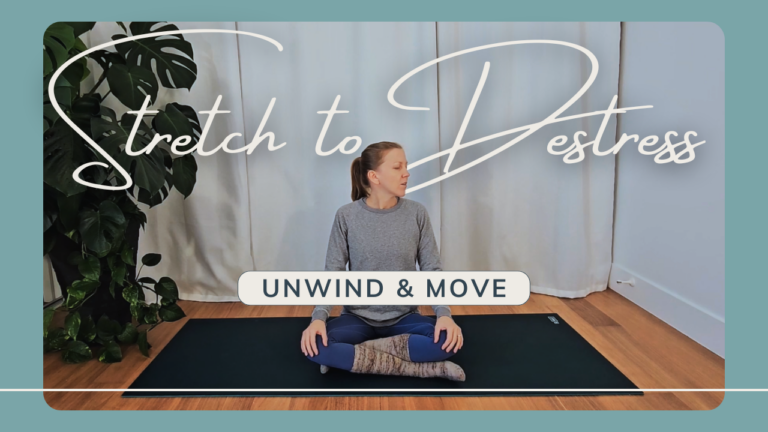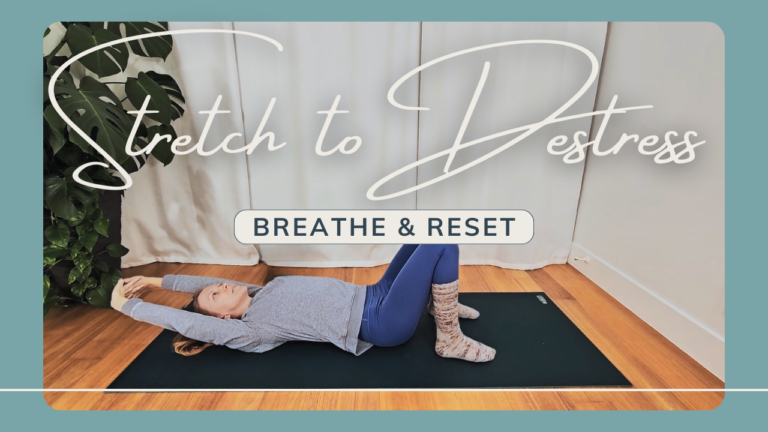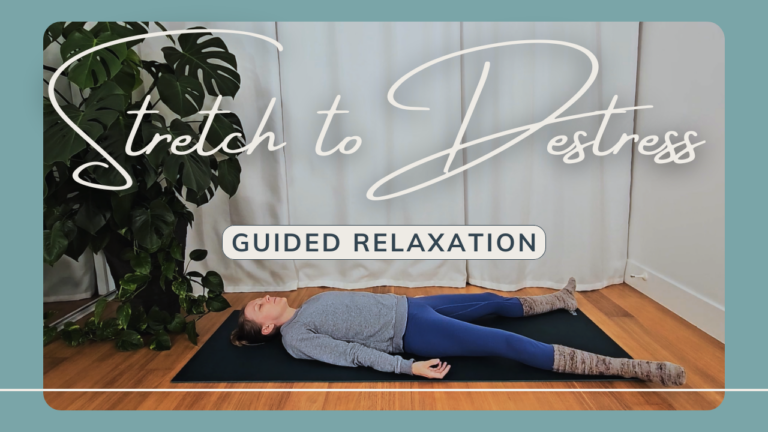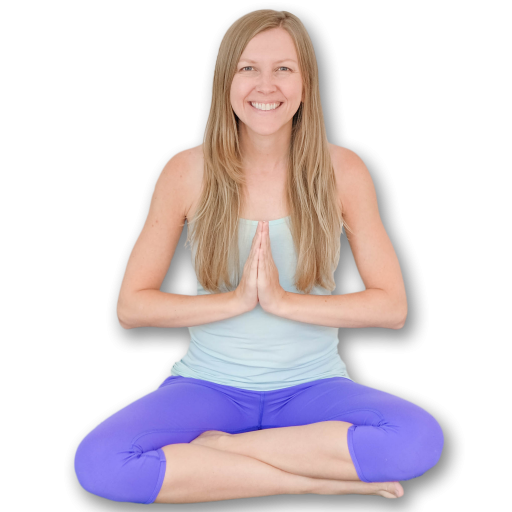If you were sitting at your desk and someone tapped you on the shoulder and whispered “Remember to breathe” that would be pretty weird…
Breathing happens naturally, you certainly don’t need a reminder. (Also, where did they come from and why are they whispering!?)
However something funny happens once exercise and stretching gets involved. People forget to breathe ALL. THE. TIME.
Why Do We Forget to Breathe?
Breathing happens naturally, but when we are concentrating on a difficult exercise or an intense stretch, it is common for people to unconsciously hold their breath. This is why yoga and fitness instructors frequently remind their classes to breathe—chances are, someone will suddenly realize they weren’t!
Our muscles rely on a fresh supply of oxygen as we exercise and stretch. Holding our breath cuts off this supply, which means our muscles will tire faster and become increasingly tense. Breathing steadily ensures that our muscles remain oxygenated, helping us maintain energy and flexibility.
How We Breathe Matters Too
Mind-Body Connection
How we breathe is also important. Exercise that gets your heart rate up often leads to a tendency to take quick, shallow breaths. This also isn’t great. While better than holding your breath, it still doesn’t provide an adequate amount of oxygen. Also, this type of breathing can trigger your stress response (as if we need any more stressors in our lives!).
By focusing on taking longer, deeper breaths, not only will your muscles be grateful for all the oxygen, but this will also increase your mind-body connection. You are more likely to stay present and shut out external distractions—and it can even help you make it through challenging workouts. For instance, focusing on your breath during a difficult yoga pose can help you maintain the pose longer and with more stability. It shifts your attention from any discomfort (ie. my thighs are on fire!) to the rhythm of your breathing, allowing you to keep holding the pose a little longer!
Core Activation
Engaging the core is essential in various exercises. Breathing techniques, such as abdominal breathing, encourage the activation of the core muscles. This helps stabilize the spine and pelvis during exercise, which can lead to a stronger core and better balance.
For example, during exercises like bridges, exhaling deeply while pushing the hips upward helps ensure the core muscles are engaged making this exercise more effective.
Click here to learn how to engage your core
Go Deeper Into Stretches
Now, bear with me, as I just mentioned that exhaling during exercise helps engage your core. However, this requires intentionality—it’s something you have to make happen. As you exhale, you actively draw in and activate your muscles.
However, if we allow ourselves to relax fully during exhalation, it can facilitate deeper relaxation. This is particularly useful for getting deeper into stretches.
When you breathe deeply, it naturally promotes muscle relaxation, making them more pliable and receptive to stretching. Deep exhalations help with easing into a stretch or reaching a bit further. This not only increases flexibility but can also prevent injuries that might occur from overstretching cold, tense muscles.
So next time you hear an instructor reminding you to breathe, remember that this simple cue is packed with benefits. Breathing correctly can transform your workout from simply going through the motions to a deeper, more effective exercise and stretch!






